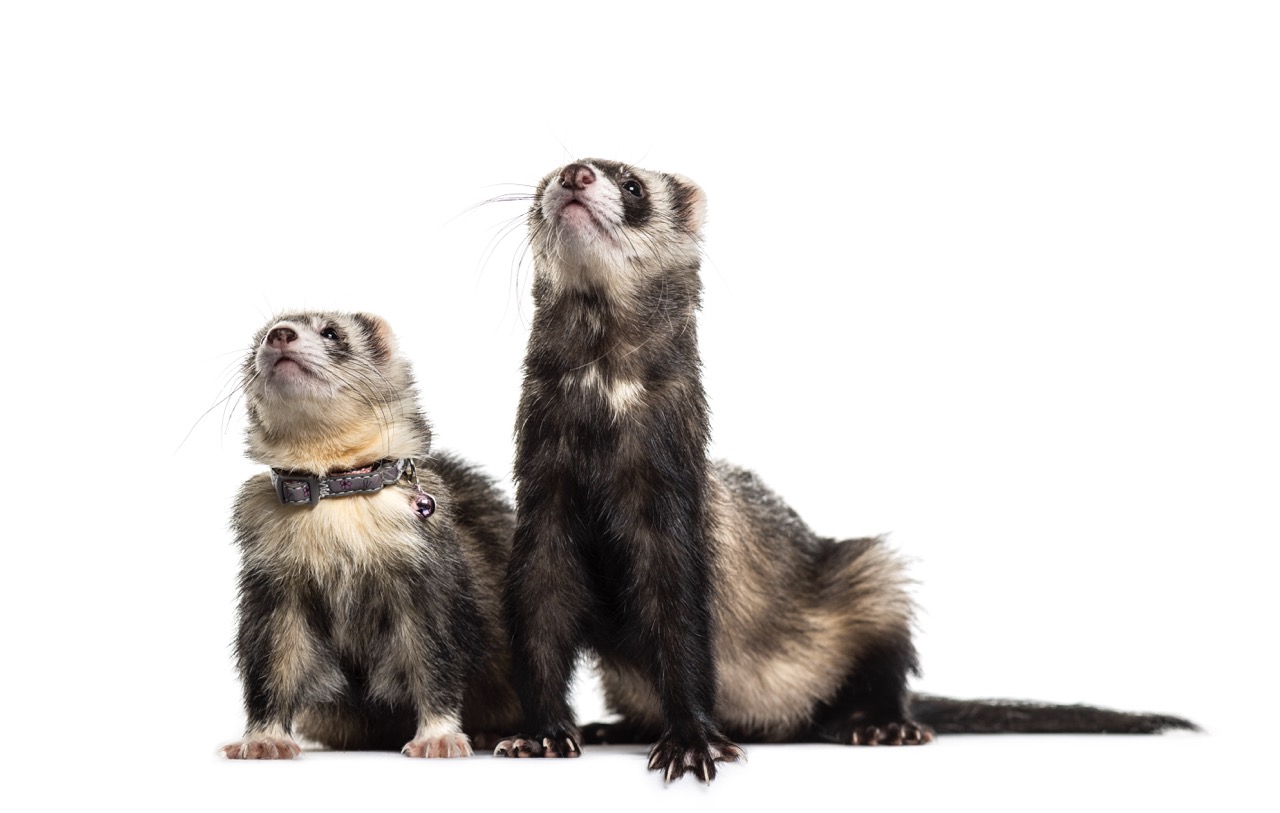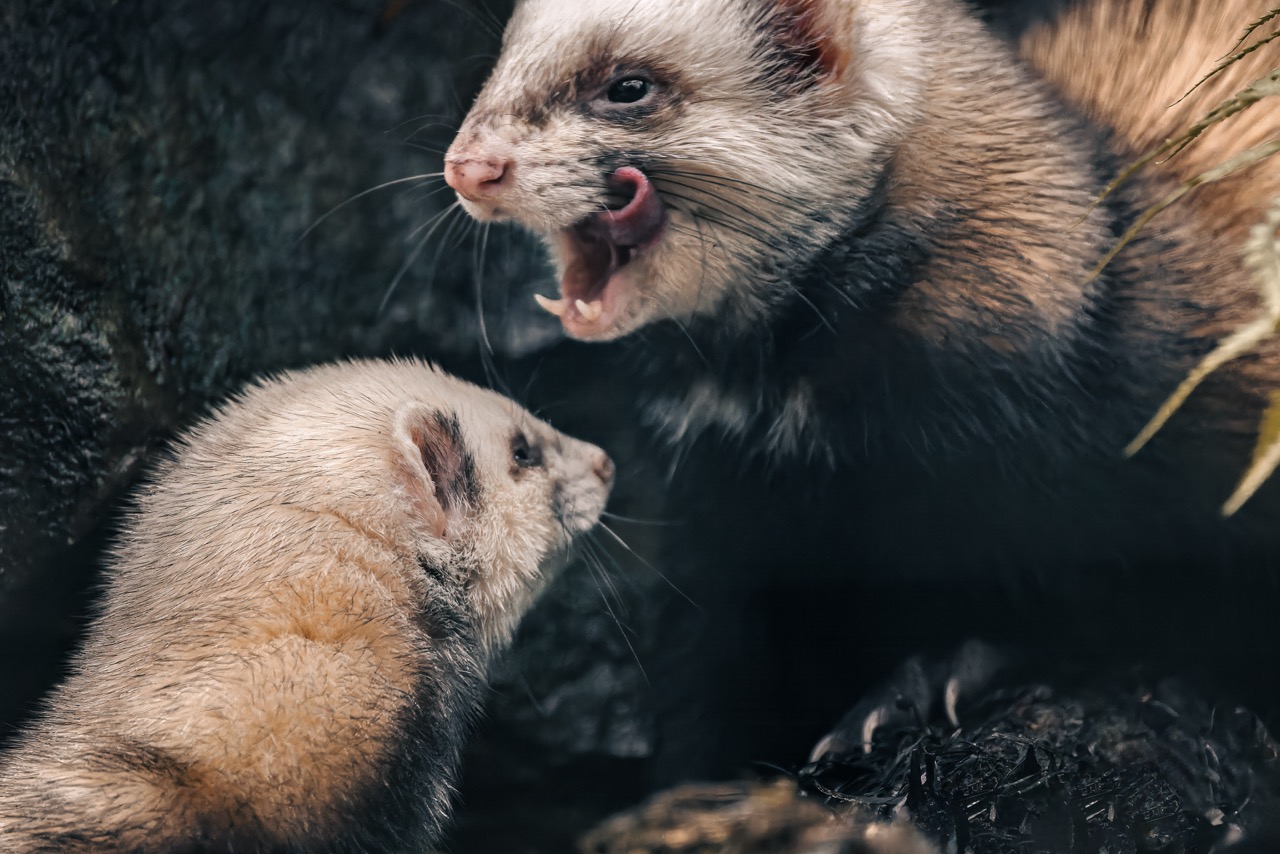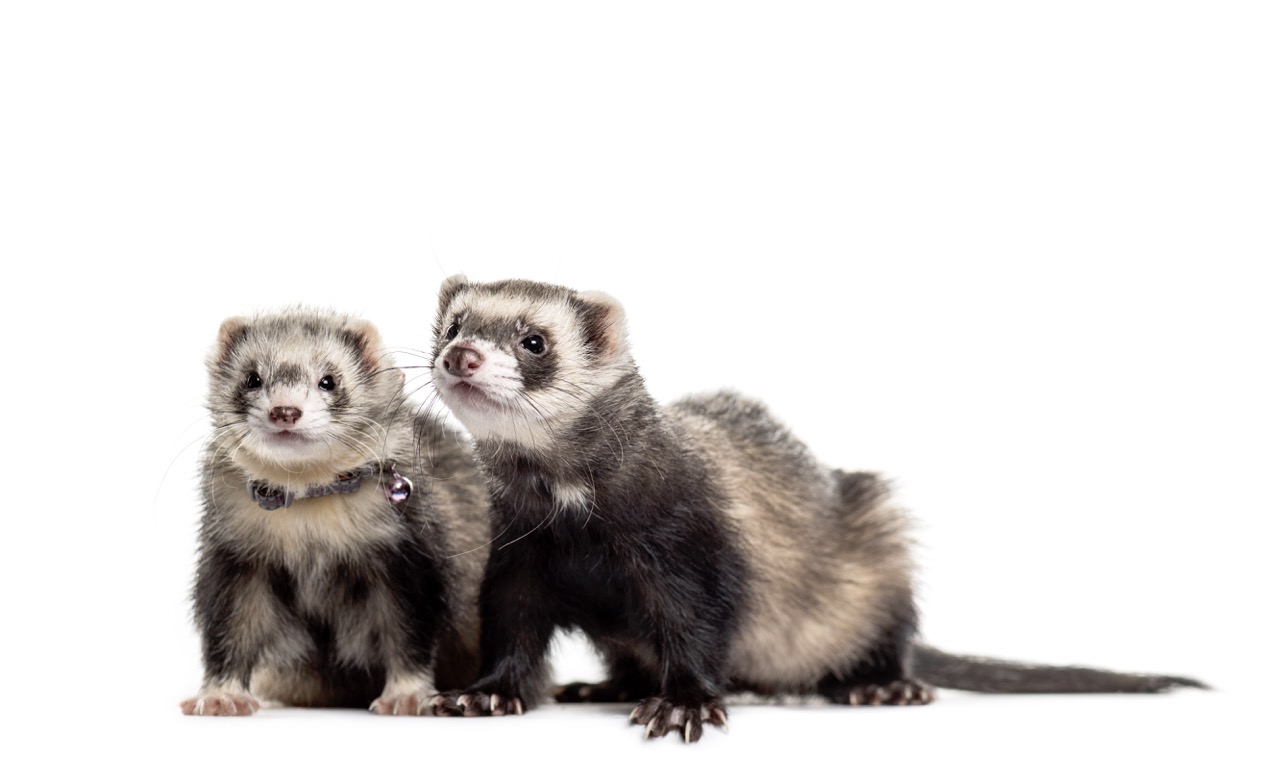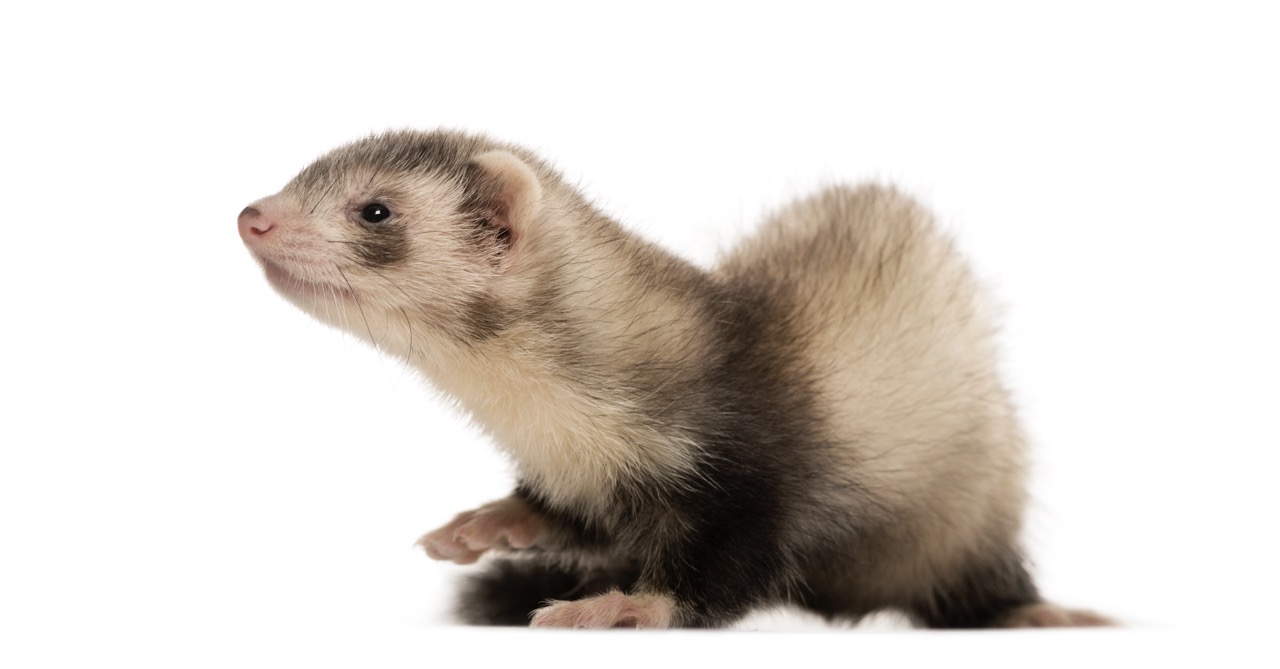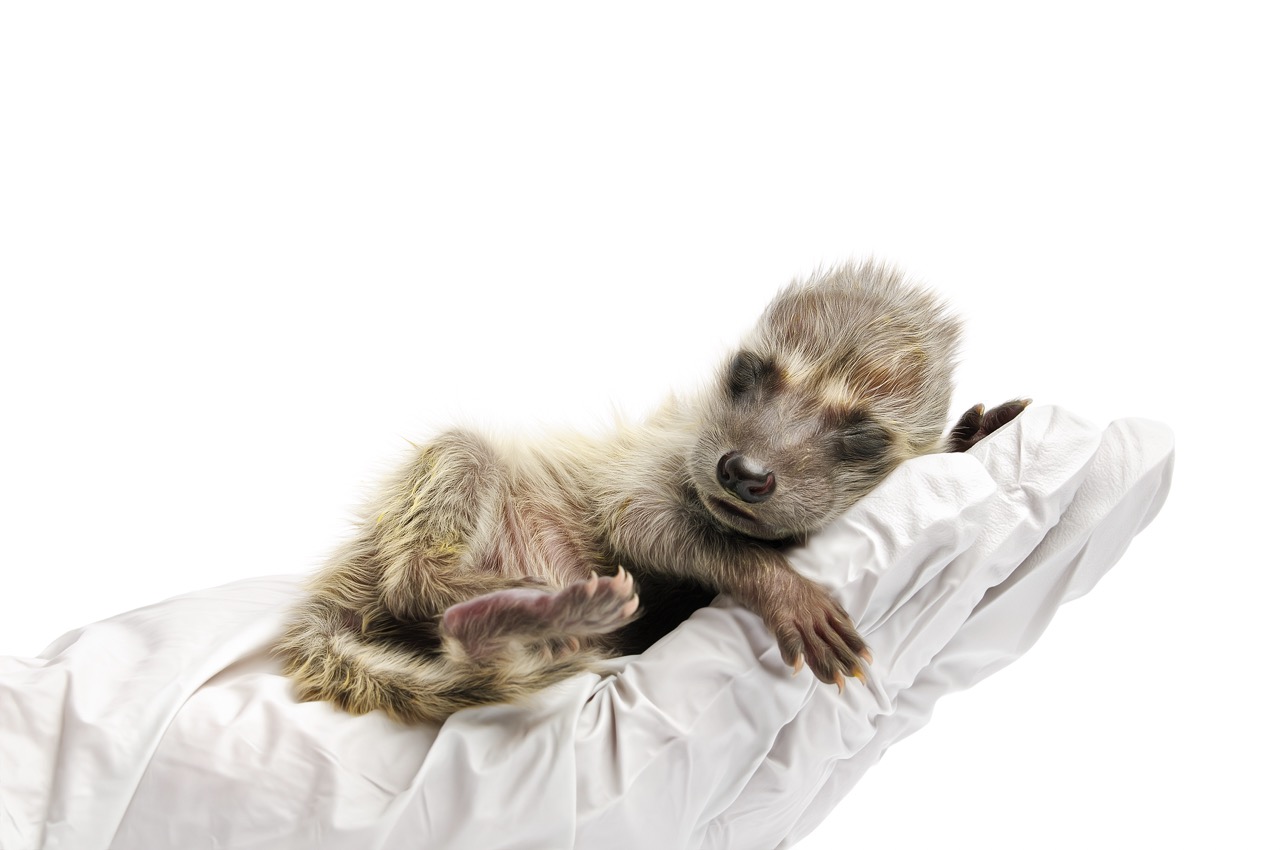Ferrets are curious, playful, and social creatures that make wonderful companions. However, caring for a ferret goes beyond just providing love and attention; it also involves ensuring they receive a balanced and nutritious diet tailored to their unique needs. Unlike traditional pets such as dogs or cats, ferrets have specific dietary requirements that must be met for them to thrive. In this article, we will explore ferret nutrition, covering their unique needs, essential nutrients, recommended diets, and common dietary mistakes to avoid.
Understanding the Unique Nutritional Needs of Ferrets
Ferrets are obligate carnivores, meaning their diet must primarily consist of animal-based proteins. Their short digestive tracts and fast metabolism make it essential for them to consume high-protein foods that are easily digestible. Unlike omnivores, ferrets cannot efficiently process carbohydrates and require a diet that focuses on fats and proteins to meet their energy needs. This distinctive dietary preference stems from their evolutionary lineage and necessitates a careful selection of food sources to ensure optimal health.
Additionally, ferrets have a different nutritional profile when compared to dogs and cats. They require higher levels of certain amino acids, particularly taurine, which is vital for heart and eye health. Furthermore, ferrets also need specific vitamins and minerals that support their immune function, bone health, and overall vitality. Understanding these unique nutritional requirements is essential for ferret owners to prevent health complications that may arise from inadequate or inappropriate diets.
Lastly, it is crucial to recognize that ferrets are prone to certain health issues, such as insulinoma and adrenal disease, which can be influenced by their diet. A balanced nutritional regimen can help mitigate these risks and promote longevity. By emphasizing a diet rich in protein and low in carbohydrates, owners can significantly improve their ferrets’ quality of life and reduce the incidence of diet-related health problems.
Essential Nutrients for Ferret Health and Well-Being
To ensure your ferret remains healthy, it is vital to incorporate various essential nutrients into their diet. The primary nutrient ferrets need is animal-based protein, which should make up at least 30-40% of their daily intake. This protein source can come from high-quality ferret kibble, raw meat, or a combination of both. Chicken, turkey, and duck are excellent sources of protein that can be offered to ferrets, ensuring they receive the necessary amino acids for growth and maintenance.
In addition to protein, fats are another critical component of a ferret’s diet. Healthy fats provide energy and support skin and coat health. Ferrets require a diet that includes around 15-20% fat, preferably from animal sources such as fish oil or chicken fat. These fats also aid in the absorption of fat-soluble vitamins, including vitamins A, D, E, and K, which are essential for various bodily functions, including vision, bone health, and immune response.
Lastly, ferrets also need an array of vitamins and minerals to maintain their health. For instance, calcium and phosphorus are crucial for bone development and maintenance. Ferrets also benefit from vitamins like B12 and folic acid, which are essential for red blood cell production and overall metabolic function. Ensuring that your ferret receives a well-rounded diet rich in these nutrients is essential for their long-term health and vitality.
Recommended Diets: Balancing Proteins and Fats
When it comes to feeding ferrets, the most recommended approach is to provide a balance of high-quality commercial ferret food, raw meats, and occasional treats. Premium ferret kibble is specifically formulated to meet their protein and fat requirements while being convenient for daily feeding. Look for brands that list meat as the first ingredient and avoid those with high carbohydrate fillers like corn and wheat. The kibble should ideally contain 30-40% protein and 15-20% fat to support their energy needs.
Incorporating raw meat into their diet is also beneficial for ferrets. Raw chicken, turkey, or even small rodents can provide essential nutrients and variety, which can prevent boredom and encourage natural hunting behaviors. However, it’s vital to ensure the meat is fresh and safe to prevent bacterial contamination. Introducing raw meat should be done gradually, monitoring your ferret for any adverse reactions to new food sources.
Lastly, while treats can be a fun addition to your ferret’s diet, they should be given sparingly. Ideal treats include small pieces of cooked eggs, liver, or commercially available ferret treats. Always be cautious with treats, ensuring they do not exceed 10% of the overall diet to maintain a balanced nutrition plan. By thoughtfully combining commercial kibble with raw meats and healthy treats, ferret owners can provide a well-rounded diet that supports their pet’s health and happiness.
Common Dietary Mistakes to Avoid for Ferret Care
One of the most common mistakes ferret owners make is over-reliance on cat food or low-quality kibble. While cat food may seem like a suitable alternative due to its protein content, it often lacks the specific nutrients that ferrets require. Additionally, many cat foods are higher in carbohydrates, which can lead to obesity and insulin-related health issues in ferrets. It is essential to select food explicitly formulated for ferrets to avoid these pitfalls.
Another common error is feeding inappropriate human foods. Certain foods such as chocolate, onions, grapes, and avocados are toxic to ferrets and can lead to serious health complications. Additionally, many processed human foods contain additives, sugars, and unhealthy fats that can upset a ferret’s delicate digestive system. Educating yourself on safe and unsafe foods is crucial, as even small amounts of toxic substances can have detrimental effects on your ferret’s health.
Lastly, neglecting hydration can be a significant oversight in ferret care. Ferrets need access to fresh water at all times, and dehydration can lead to a host of health problems. Many owners may not realize that ferrets can become dehydrated quickly, especially if they are fed dry kibble. Providing a water bowl or a water bottle that dispenses fresh water regularly can help ensure that your ferret stays hydrated and healthy. By avoiding these dietary mistakes, ferret owners can contribute significantly to their pets’ overall well-being.
In conclusion, providing a nutritionally balanced diet is essential for the health and happiness of your ferret. Understanding their unique dietary needs, essential nutrients, recommended diets, and common dietary pitfalls will equip pet owners with the knowledge necessary for optimal ferret care. By investing time in learning about ferret nutrition and making informed dietary choices, you can help ensure a long and healthy life for your furry companion. Remember, when in doubt, consulting a veterinarian familiar with ferret care can provide additional guidance tailored to your pet’s specific needs.






